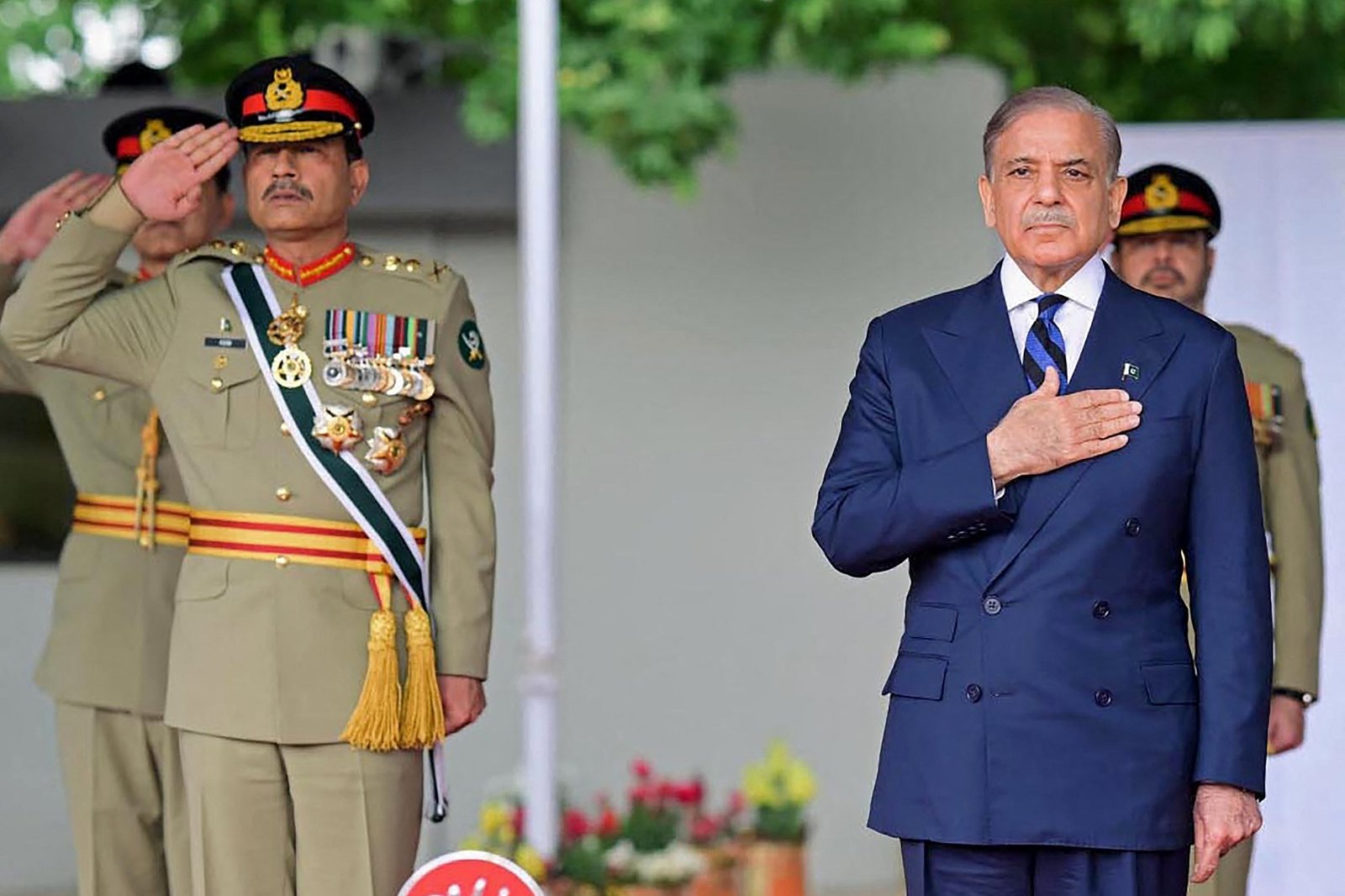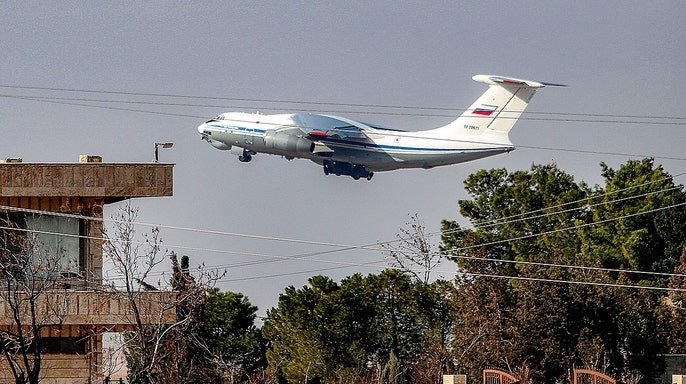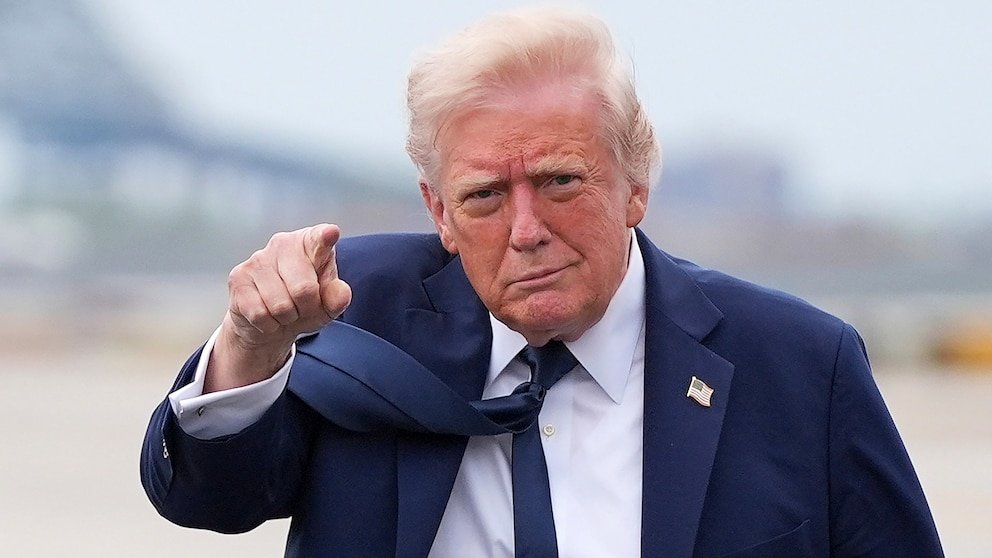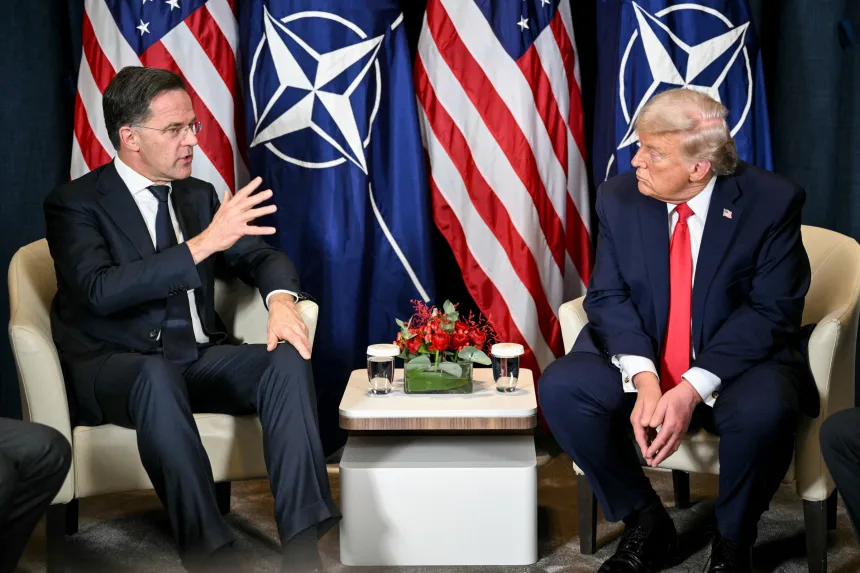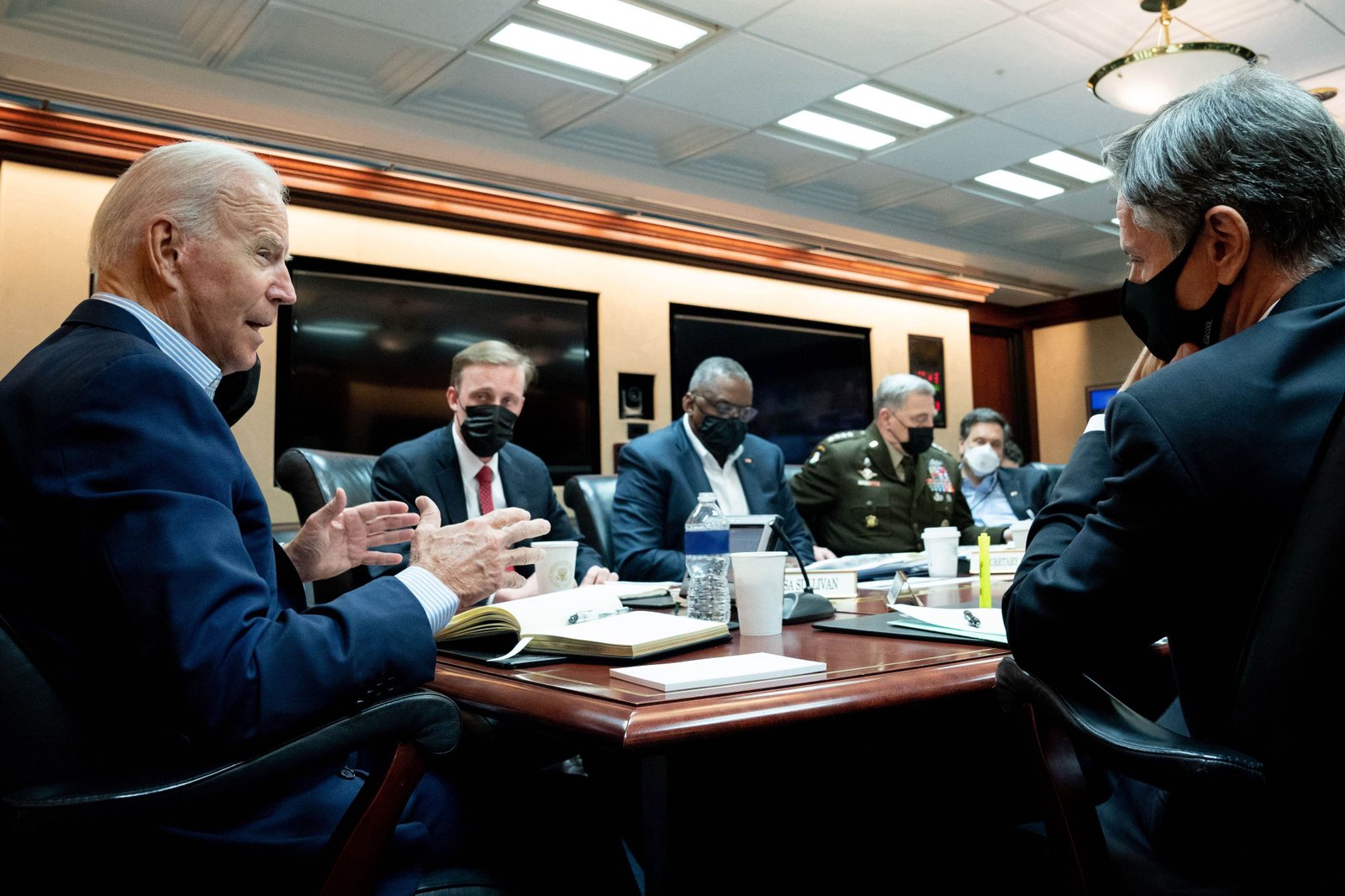Pakistan Army Chief Asim Munir Again Threatens India, Labels Terrorism a ‘Legitimate Struggle’ for Kashmir Liberation
Pakistan’sArmy Chief General Asim Munir has once again issued a stern warning to India, reiterating his controversial "jugular vein" remark about Kashmir and calling for its “liberation.” He sparked outrage by referring to internationally recognized terrorism as a “legitimate struggle.”
Pakistan Army Chief Asim Munir Again Threatens India, Labels Terrorism a ‘Legitimate Struggle’ for Kashmir Liberation
Pakistan Army Chief Asim Munir Again Threatens India, Labels Terrorism a ‘Legitimate Struggle’ for Kashmir Liberation
[Islamabad, June 29, 2025] —Pakistan’sArmy Chief General Asim Munir has once again issued a stern warning to India, reiterating his controversial "jugular vein" remark about Kashmir and calling for its “liberation.” He sparked outrage by referring to internationally recognized terrorism as a “legitimate struggle.”
Speaking at a ceremony at the Pakistan Naval Academy in Karachi on Saturday, Munir blamed India for escalating tensions in Kashmir following a terrorist attack in Pahalgam on April 22. However, he offered no evidence to support his claims.
He stated,
“In response to India’s provocative military activities and aggression, Pakistan has acted with responsibility and maturity. We are committed to maintaining regional peace, but will not hesitate to respond when necessary.”
The most alarming part of his speech was his open declaration of terrorism as a “legitimate struggle.” He hailed those fighting for Kashmir’s “freedom” as “heroes” and reaffirmed Pakistan’s support for them.
Repeating the “Jugular Vein” Doctrine
Munir said,
“Kashmir was, is, and will remain our jugular vein. We will never forget the sacrifices of our Kashmiri brothers.”
He claimed that Pakistan seeks a “just and peaceful solution” to the Kashmir issue—one that must be based on United Nations resolutions and the wishes of the Kashmiri people.
It’s worth noting that shortly after Munir’s previous "jugular vein" remarks, Pakistan-backed terrorists carried out a deadly attack in Pahalgam, killing more than 20 Indian tourists. In retaliation, India suspended the Indus Waters Treaty and launched “Operation Sindoor”, targeting terrorist launch pads inside Pakistan.
A four-day-long border skirmish ensued, during which Indian forces targeted multiple Pakistani military installations and successfully intercepted drones and missile strikes from the Pakistani side.
While Pakistan repeatedly seeks global attention over Kashmir, it faces mounting criticism for internal unrest and abuses in its own regions—such as Balochistan, Khyber Pakhtunkhwa, and Pakistan-occupied Kashmir (PoK)—including allegations of enforced disappearances, human rights violations, and economic instability.
After the Uri and Pulwama attacks, India adopted a new military doctrine centered on retaliation as a principle, with preemptive strikes like the Balakot airstrike becoming the “new normal.” India now no longer responds to aggression with just statements—but with force.


